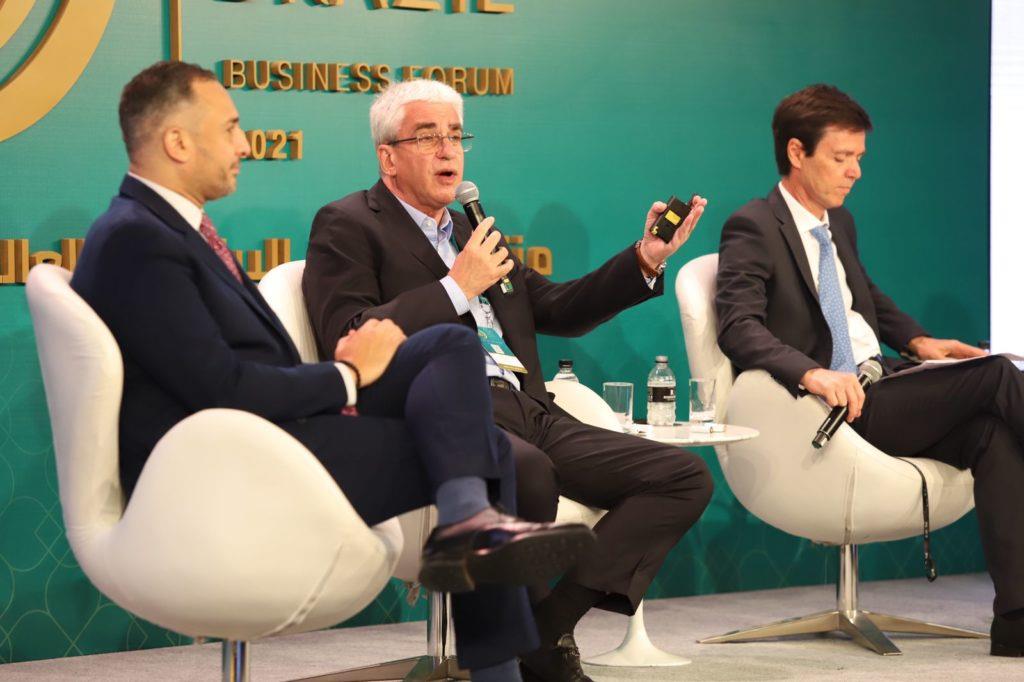| American Companies Aim Advertising at Muslim Americans | |
|
Washington 19 September 2007 |
A
recent study by the nation’s largest advertising firm shows that the
Muslim American community has an estimated purchasing power of about
$170 billion. JWT Advertising conducted the study, and it is now
working with a wide variety of companies to develop strategies to
attract Muslim American customers. VOA’s Mohamed Elshinnawi examined
the new trend in Dearborn, Michigan, near Detroit, where there is a
dense population of Muslims.
 |
| The six to eight million Muslims in the U.S. are beginning to be sought after by marketers and consumer goods manufacturers |
JWT Advertising says companies in the Detroit area are leading the
way in using the cultural aspects of the Muslim faith to expand their
share of the Muslim American market.
Ann Mack is JWT’s director of trends spotting. “Some marketers — I
am not going to name them specifically — are having Ramadan
advertisements,” she says, “and because they are speaking specifically
to these populations, they will appeal, they will resonate and those
consumers will tend to gravitate towards these brands.”
The study shows that the six to eight million Muslims in the United
States are looking for recognition and respect, and that companies
should make sure they are not neglecting or offending their community.
One company that is not is the Swedish furniture company IKEA. It
has a store near Dearborn that initially attracted few Muslim shoppers.
So the company consulted with Nasser Baydoun, Chairman of the American Arab Chamber of Commerce.
He recalls, “What we were able to do was to teach them how to market to
our community — how does our community get its information, how do
they choose which store they go to and how does IKEA create a working
staff that is friendly to the community.”
Ikea staff benefited from the diversity training, and became
familiar with the Muslim community’s needs. Lisa Allen is IKEA’s public
relations director. “When we are speaking to Arab Americans,” she
says, “we can connect with them on that level, talk about their needs.
For IKEA, it is all about how our product solutions fit your needs and
your life style.”
A team of the company’s designers and marketers visited Muslim
Americans’ homes to see how to adapt the stores’ products to customers’
customs and preferences. One plan is to offer decorations for the holy
month of Ramadan and to add halal meals to the store’s food menu.
Muslim American shopper Ismail Hakki says he is looking forward to
seeing such offerings. “Like decorations for Ramadan, for the Eid
[celebration after Ramadan] too, like some [halal] food or some cloth
for the Eid.
 |
| Muslim Americans wear clothes that are marketed to everyone, as well as items specifically for them |
Other
companies are planning innovative approaches to cater to Muslim
Americans’ needs. Amal Berry is the vice president of Comerica Bank.
“Currently we are underway in a research project to understand exactly
what Sharia law [Islamic law] says and whether the bank will be able to
provide true Islamic bank products and services.”
McDonald’s in Detroit is offering halal chicken, Rite-Aide drug
stores have Arabic signs and Comcast cable network is carrying the
first nationwide Muslim American TV channel.
Fred Eaton is Comcast’s director of corporate affairs. “Comcast
offered Bridges TV the opportunity for carriage on our cable system. In
fact, Detroit was the market where Bridges TV was first launched,” he
explained.
Marketing experts say advertising for the Muslim American community
is a win-win situation. They say American companies will use it to
expand their market share, while Muslim Americans will enjoy
recognition and respect.



